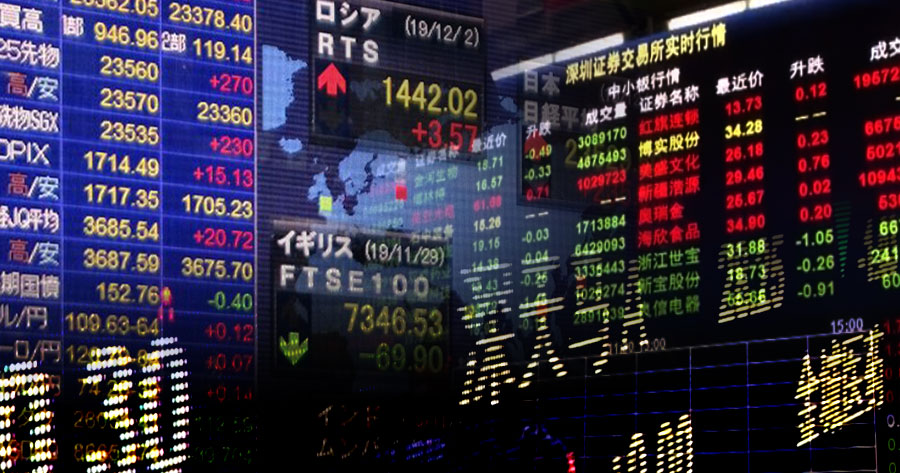Escalating tensions in the trade relationship between the United States and China have raised the specter of major Chinese companies like Alibaba and Baidu potentially being delisted from American stock exchanges by President Donald Trump.
This possibility, considered a “nuclear option” by Wall Street, has been hinted at by Treasury Secretary Scott Bessent, who stated that “everything is on the table” when questioned about potentially removing Chinese firms from the New York Stock Exchange and Nasdaq. The companies in question typically trade as American depositary receipts, or ADRs.
While the Treasury Department, the New York Stock Exchange, and Nasdaq have not commented directly, the legal framework for such actions exists under the Holding Foreign Companies Accountable Act, signed by Trump in 2020. Notably, before Trump left office in early 2021, the New York Stock Exchange delisted three Chinese companies — China Telecom, China Mobile, and China Unicom — to comply with this law.
Strategists at Goldman Sachs have described delisting as “an extreme scenario.” Their analysis suggests that if such a ban were implemented, U.S. investors might need to liquidate approximately $800 billion of ADR holdings in Chinese companies. Besides Alibaba and Baidu, other widely held Chinese companies include Temu owner PDD Holdings, NetEase, Li Auto, and Yum China. Furthermore, China could retaliate by ordering Chinese investors to pull an enormous $370 billion from U.S. exchanges.
Goldman Sachs also warns of a potentially much larger financial shock, estimating a $2.5 trillion sell-off globally if the U.S. and China fully decouple their capital markets.
Investment expert David Harden of Summit Global Investments told Barron’s that he does not believe the U.S. will ultimately ban stockholdings, arguing that the U.S. wants to remain the “home of the free” for foreign companies. Despite this, Harden advises investors to “be wary of taking new positions” in Chinese stocks — but not necessarily to sell existing holdings.
Analysts at UBS, however, are not ruling out delistings and foresee a scenario where institutional investors would be forced to dump their holdings. These stocks might then move to over-the-counter exchanges, resulting in lower liquidity and higher volatility, causing significant damage.
The escalating trade tensions, exemplified by tariffs imposed by both sides, contribute to this precarious situation. Bessent’s remarks frame delisting as a tool to counter “unfair trade practices.” Market reactions have been volatile, with some Chinese ADRs experiencing surges — possibly due to short-covering amid the uncertainty. However, the Hang Seng Tech Index has seen a significant market value decline, reflecting investor concerns.
UBS strategist James Wang cautions that delisting could severely reduce liquidity and valuations, with Chinese firms relisting in Hong Kong potentially facing narrower investor bases and valuation multiple reductions. Aberdeen Investments’ Bush Chu also identifies U.S. restrictions as a “serious risk,” particularly for the technology sector. Goldman Sachs’ broader economic outlook suggests increased U.S. recession odds and a potential slowdown in China’s GDP growth due to these tensions.
Ultimately, the potential delisting of Chinese stocks underscores the growing financial antagonism between the U.S. and China, where cross-border capital flows are becoming a battleground. While markets currently seem to be hoping for de-escalation, the risk of significant financial instability remains if diplomatic solutions are not found.





